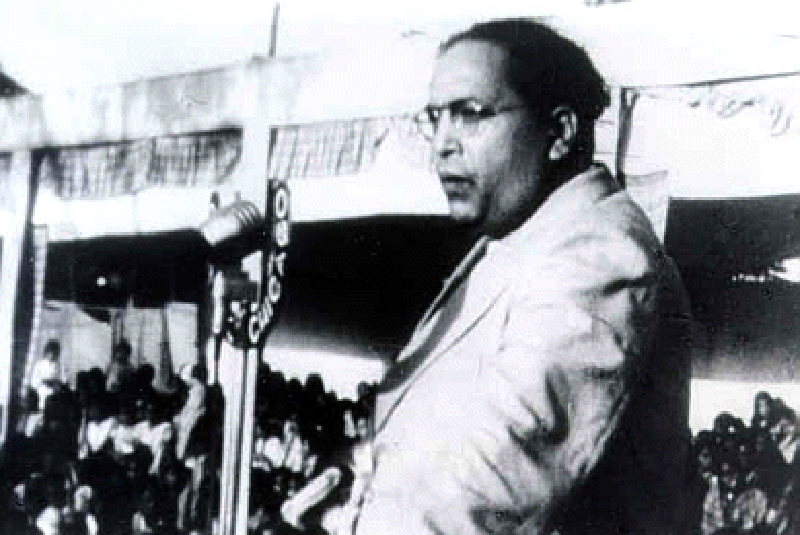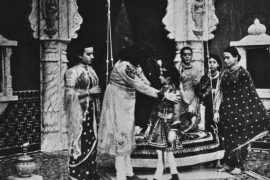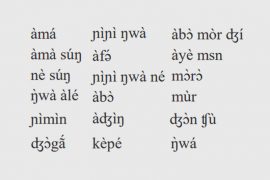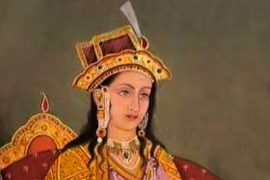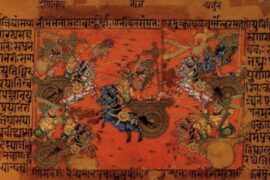61 years have passed since the death of Dr Bhimrao Ramji Ambedkar. The values of equality, liberty and fraternity that he fought for are still sought for by India’s Dalits – who number over 200 million today.
For most Indians, he is a household name as the architect of the Indian Constitution. But for the Dalits, he is their greatest saviour, the man who first gave them a voice after centuries of oppression. In his honour, they use the greeting “Jai Bhim” meaning “Victory to Bhim”. Thousands of miles away, in the ghettos of Hungary, the Roma people have also found an escape from oppression in the life, words and religion of Ambedkar.
Through the work of Derdák Tibor and Orsós János, Roma people in Hungary have embraced Buddhism and Ambedkar alike. Like India’s Dalits, the Roma suffer against endemic and ingrained discrimination within Hungarian society – they are segregated, their children often categorized as mentally challenged, and they remain excluded from the state’s social development. In religion, particularly emancipatory religion, they find a respite in Ambedkarite Buddhism.
Ambedkar’s final act was the renunciation of Hinduism. Around the 1930s, he started seeking a religion that wouldn’t discriminate against him or the Dalits on the basis of caste. Remaining within the Hindu fold was out of the question; he viewed Hinduism as a religion of rules with caste as its central tenet. Christianity and Islam too were ruled out, as they would ‘denationalize‘ the adherents. Ambedkar wanted an Indic religion – and Buddhism stood out for its potential to be remoulded in a modern, reformist light.
Copyright©Madras Courier, All Rights Reserved. You may share using our article tools. Please don't cut articles from madrascourier.com and redistribute by email, post to the web, mobile phone or social media.Please send in your feed back and comments to [email protected]

